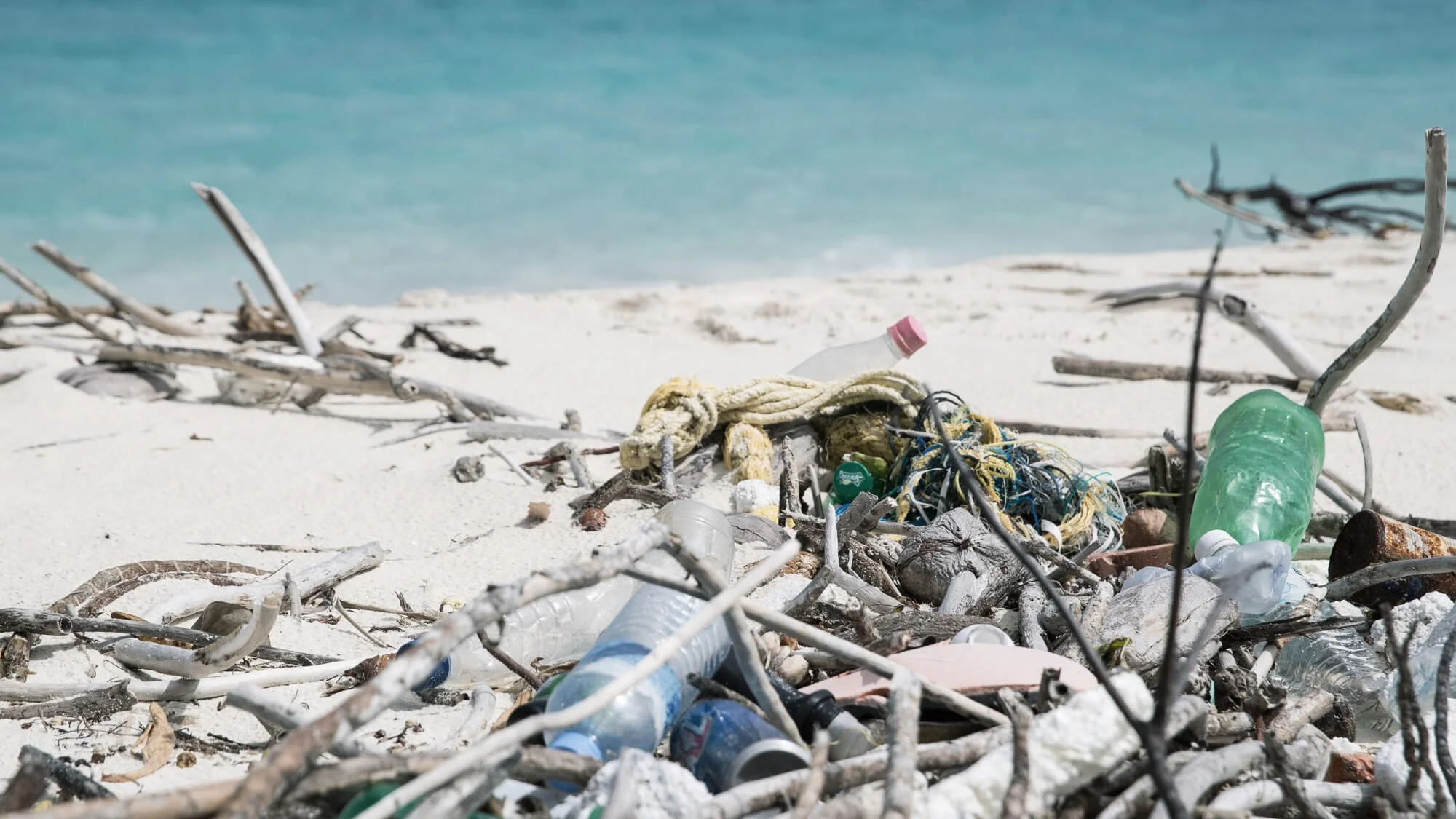YOUR WEEKLY BRIEFING FROM PARLEY
Photo by Giacomo Cosua
MARINE PLASTIC
The North Pacific Gyre, the remote islands of the South Pacific and the north shore of Hawaii have become known as hotspots for plastic accumulation – but what about the Indian Ocean? Where does all of its plastic trash accumulate? Alarmingly, scientists don't really have an answer to this question, despite the fact that more plastic waste is estimated to get dumped in the Indian Ocean than anywhere else on Earth.
Part of the reason for the mystery is that the Indian Ocean doesn't have as much monitoring technology in place to keep track of the problem as other oceans do. To solve the puzzle, researchers recently embarked on the most comprehensive survey of Indian Ocean currents yet performed, by gathering information from more than 22,000 satellite tracked surface drifting buoys.
WHALES
Numbering close to 100 two decades ago, a population of west coast orca whales has dropped to just 75 as a result of pollution in their environment, ship noise and, most crucially, a lack of wild Chinook salmon. With some starving to death, the Lummi Nation has resorted to feeding salmon to the wild whales. The tribe has long shared a coast and culture with the whales, and sees them as relatives. “We are possibly the last generation that can do anything about it,” says tribal leader Sle-lh’x elten Jeremiah Julius.
MARINE LIFE
As the planet’s average temperatures creep higher, marine animals are far more vulnerable to extinctions than their earthbound counterparts, according to a new analysis of more than 400 cold-blooded species. With fewer ways to seek refuge from warming, ocean-dwelling species are disappearing from their habitats at twice the rate of those on land, notes the research published this week. The oceans are absorbing heat trapped in the atmosphere, bringing waters to their warmest point in decades.
OVERFISHING
A proposed US law called the Forage Fish Conservation Act would recognize that humans need to leave an adequate share of small fish in the ocean to support seabirds, whales and other ocean creatures. Sardines, anchovies, herring and other tiny fish lie at the heart of the entire marine food web, but a combination of growing commercial pressures and changing environmental conditions is pushing forage fish further north and into deeper waters is putting these vital species at risk.
READ MORE
CLIMATE CHANGE
The Greenland Ice Sheet is the world’s second-largest reservoir of fresh water, sitting on the world’s largest island – and rapidly falling apart. A new study has found that this vast reservoir has added a quarter inch of water to global sea levels in just the past eight years. The research covers nearly 20 years of previously unused data and concludes that climate change has already bled trillions of tons of ice from the ice sheet, with more loss than expected coming from its unstable northern half.
READ MORE
🌊
Stay up-to-date on all things ocean
Subscribe to Parley's State of the Oceans newsletter
Join the movement
@parley.tv | @parleyxxx
#fortheoceans













